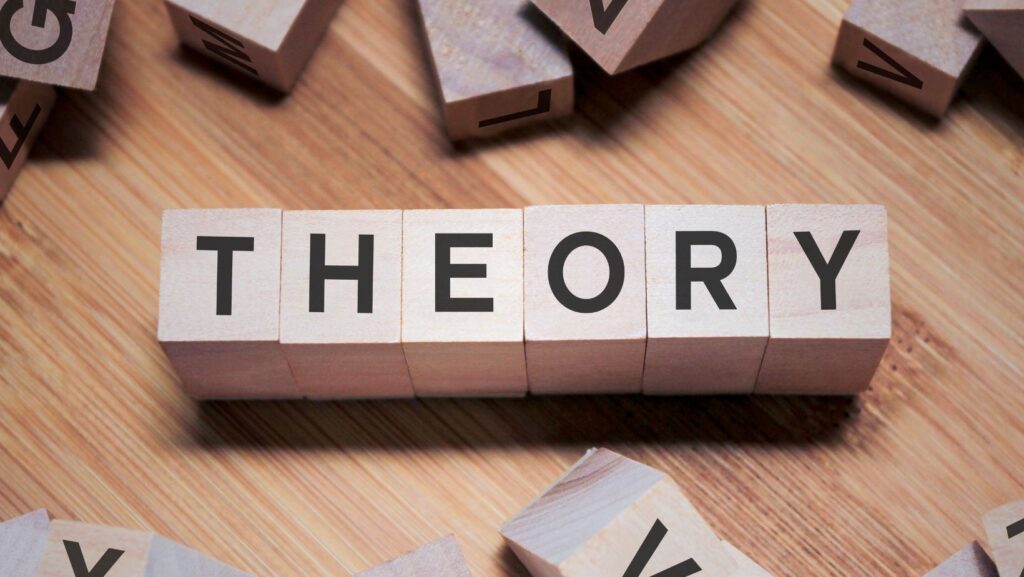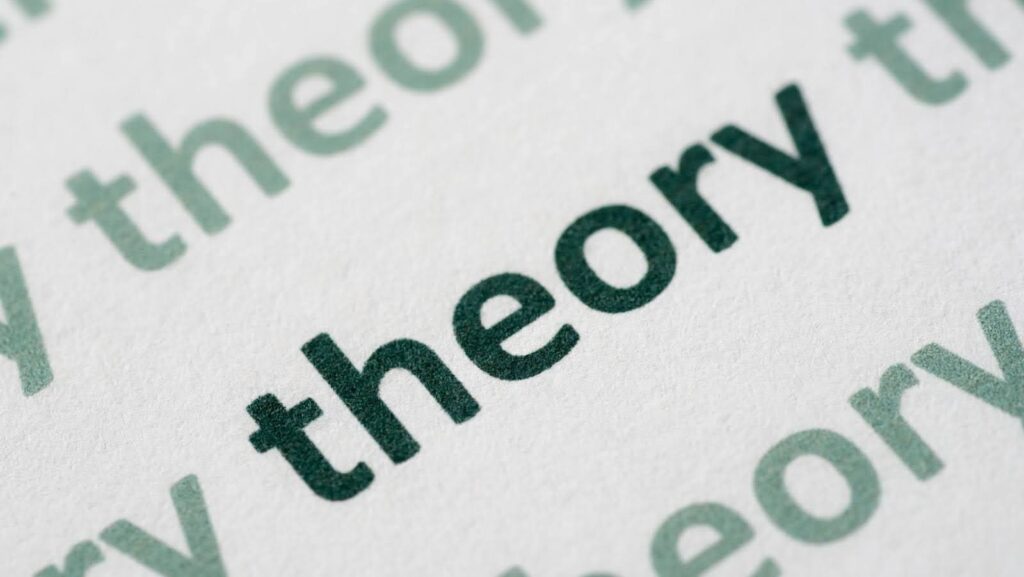Economics often sounds like a subject reserved for stuffy classrooms and Wall Street analysts, filled with complex charts and intimidating jargon. But what if the core principles of economic theory are already at play in nearly every decision you make, from your morning coffee to your weekend plans? The truth is, you don’t need a PhD to be an economist; you’re already acting like one every day. Every choice to spend, save, or even relax involves a subconscious calculation of value and trade-offs. Deciding how to use your entertainment budget, for instance, is a classic economic problem. When you weigh the potential enjoyment of an evening at a place like the Bruce.Bet casino against a night at the movies or dinner out, you are practicing utility theory—choosing the option you believe will deliver the most personal satisfaction or “utility” for your money.
This article will demystify some of these powerful concepts and show you how they secretly govern your daily life.
The Invisible Forces Guiding Your Choices
At its heart, economics is the study of how people make decisions in the face of scarcity. Since we can’t have everything we want, we are forced to choose.
Here are some of the key principles that influence those choices without you even realizing it.
Opportunity Cost: The Road Not Taken
This is perhaps the most fundamental concept in economics. Every time you choose to do something, you are simultaneously choosing not to do something else. The value of that next-best alternative is your opportunity cost.
- Choosing to binge-watch a series for five hours? The opportunity cost could be the exercise you skipped, the book you didn’t read, or the side project you didn’t work on.
- Buying that expensive new smartphone? The opportunity cost is the vacation, investment, or emergency fund you could have funded with that same money.
Understanding opportunity cost helps you see the hidden price tag attached to every decision.
The Sunk Cost Fallacy: Throwing Good Money After Bad
Have you ever finished a terrible movie just because you paid for the ticket? Or overeaten at a buffet to “get your money’s worth”? That’s the sunk cost fallacy in action. A sunk cost is a cost that has already been incurred and cannot be recovered. Economically, it should have no bearing on your future decisions. The money for the movie ticket is gone, whether you stay or leave. The rational choice is to leave and not waste your time as well, but our aversion to loss often tricks us into sticking with a bad decision.
Marginal Analysis: Thinking on the Edge
Most decisions in life are not “all or nothing.” Instead, we make choices at the margin—thinking about the costs and benefits of doing a little more or a little less of something. When a company decides whether to hire one more employee, or you decide whether to study for one more hour, you are using marginal analysis. You’re weighing the additional benefit (the marginal benefit) against the additional cost (the marginal cost). If the benefit is greater than the cost, you do it. This is why you might hit the snooze button once (the marginal benefit of 10 more minutes of sleep is high) but not ten times (the marginal cost of being late for work becomes too great).
Economic Concepts in the Wild
These theories aren’t just abstract ideas; they appear in the most mundane situations. This table highlights how often you encounter them.
Economic Concept Everyday Example The Economic Rationale
Scarcity Limited-edition sneaker releases. Creates high demand for a limited supply, driving up perceived value and price.
Supply and Demand Uber surge pricing on a rainy night. High demand (many riders) and lower supply (fewer drivers) cause prices to rise.
Incentives Loyalty cards offering a free coffee after ten purchases. A positive incentive designed to encourage repeat business and brand loyalty.
Diminishing Marginal Utility The first slice of pizza is amazing; the fifth is just okay. The additional satisfaction (utility) you get from consuming one more unit decreases with each unit.
Recognizing these patterns can transform your understanding of why you and the world around you behave in certain ways.
Making Smarter “Economic” Choices Every Day
By consciously applying these principles, you can optimize your decisions and improve your life. Here are a few practical steps to start thinking more like an economist:
- Always ask “What else?” Before making a significant purchase or time commitment, actively consider the opportunity cost. Ask yourself, “What is the next best thing I could do with this money or time?” This simple question forces you to evaluate the true trade-off.
- Ignore sunk costs: When something isn’t working—a project, a meal, a relationship—learn to cut your losses. Evaluate the situation based on its future potential, not on what you’ve already invested.
- Think at the margin: Instead of making drastic changes, focus on small, incremental adjustments. Ask if the next hour of work is worth it, or if one more item in your shopping cart is truly necessary.
- Recognize incentives: Be aware of how incentives are influencing you, from store sales to workplace bonuses. Understanding the motivation behind an offer helps you decide if it truly benefits you.

By integrating these habits, you can turn abstract economic theory into a powerful tool for making more rational and fulfilling decisions.




